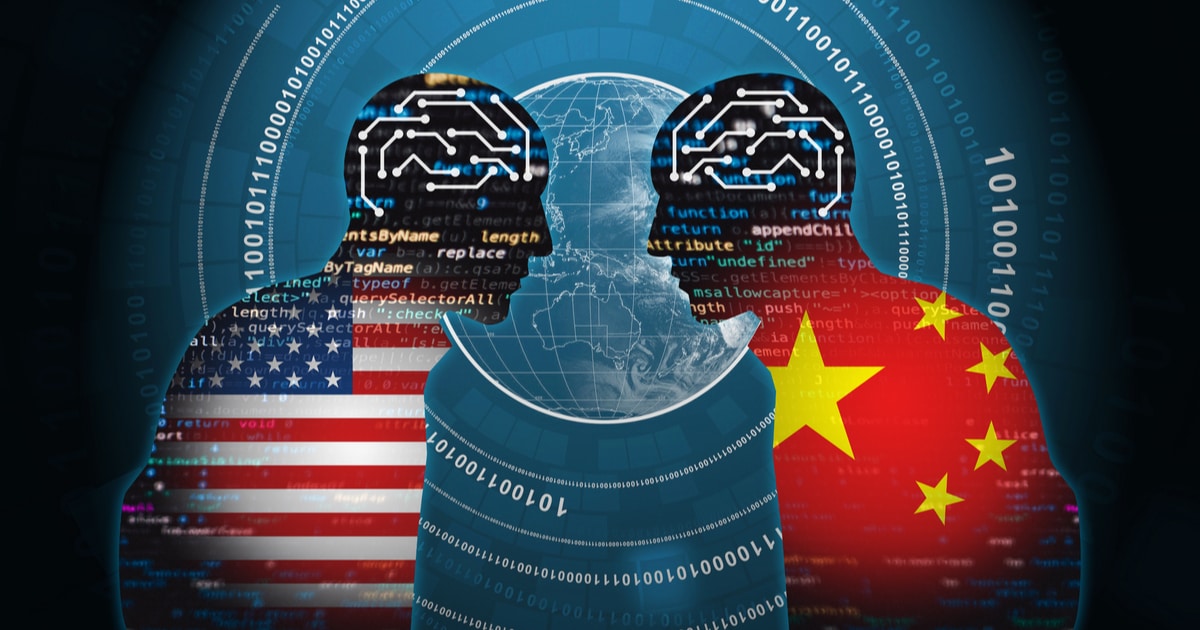
Cheng Li, Director, John L. Thornton China Center, The Brookings Institution
Aug 26, 2022
Recent events in the Taiwan Strait have led to an outpouring of international concern regarding potential war between the United States and China. AI technology advancements, which these two superpowers are leaders in research, resources, and patents, would mean that the world has yet to see the most AI-driven conflict in history.
Joseph S. Nye, Professor, Harvard University
Aug 08, 2022
At this year’s Aspen Security Forum (which I co-chair) in July, China’s ambassador to the United States, Qin Gang, appealed for better understanding of his country. But there was considerable debate among the assembled experts about China’s objectives. President Xi Jinping has announced China’s intention to outpace America in critical technologies such as artificial intelligence and synthetic biology by 2030, and many analysts predict that China’s GDP (measured at market exchange rates) will surpass that of the US early in the next decade. Is China seeking to displace the US as the world’s leading power by the centenary of communist rule in 2049?
Chen Dongxiao, President, Shanghai Institutes for International Studies
Jun 16, 2022
The dominant narrative on the Chinese side is that this strategic competition between the two countries reflects the struggles for power, institutions, and perceptions, which will last throughout the rejuvenation of the Chinese nation. In general, it is thus believed that competition and struggle have been adopted as key words for both Washington and Beijing in managing their relations.
Li Yan, Director of President's Office, China Institutes of Contemporary International Relations
May 31, 2022
The U.S. secretary of state restated and reinforced the Biden administration’s approach, proposing an “invest, align, compete” strategy for success over China. The speech revealed significant clues about the features of America’s basic strategic game ahead.

David Shambaugh, Gaston Sigur Professor and Director of China Policy Program at George Washington University, Distinguished Visiting Fellow at Hoover Institution of Stanford University
May 30, 2022
Secretary of State Antony Blinken delivered his speech on the Biden administration’s approach to China last week. While he laid out a laundry list of China-U.S. policy issues, the administration must now actively fashion an integrated strategy to deal with the ongoing challenges presented by Beijing.

Jia Qingguo, Director and Professor, Institute for Global Cooperation and Understanding, Peking University
May 05, 2022
The demonization of China that began during the Trump presidency has persisted. Bilateral relations are morphing from a competition over interests to a struggle over values and identity. The near future looks bleak, but there’s hope further down the road.

Ni Feng, Deputy Director, Institute of American Studies, CASS
Mar 31, 2022
Expect China and the U.S. to remain in a state of strategic stalemate for a long time. The most dangerous moments in bilateral ties will be when the two countries strengths bump against one another. We must be fully prepared for that.
Li Yan, Director of President's Office, China Institutes of Contemporary International Relations
Feb 26, 2022
The positive turn initiated by Richard Nixon 50 years ago seems to have ground to a halt. The China-U.S. relationship has hit a low point. But while America has come to regard China as its primary strategic competitor, there are ways to get back on track.

Zhang Baijia, Former Deputy Director of the Party History Research Center, CPC Central Committee
Feb 26, 2022
Past experience is a guide for the future, so what can we learn today from the normalization of China-U.S. relations? First, we must be realistic. Second, we must be willing to break conventional rules.
Zhou Xiaoming, Former Deputy Permanent Representative of China’s Mission to the UN Office in Geneva
Feb 26, 2022
By starting and sustaining a tech war against China, Washington has placed itself on the wrong side of history. Like its trade war, the battle in the high-technology sector will turn out to be difficult to win.
Back to Top

- China-US Focus builds trust and understanding between the U.S. and China through open dialogue among thought leaders.
- Our Offerings
- Topics
- Videos
- Podcasts
- Columnists
- Research Reports
- Focus Digest
- Stay Connected
-
Thanks for signing up!
- Get the latest stories from China-US Focus weekly.